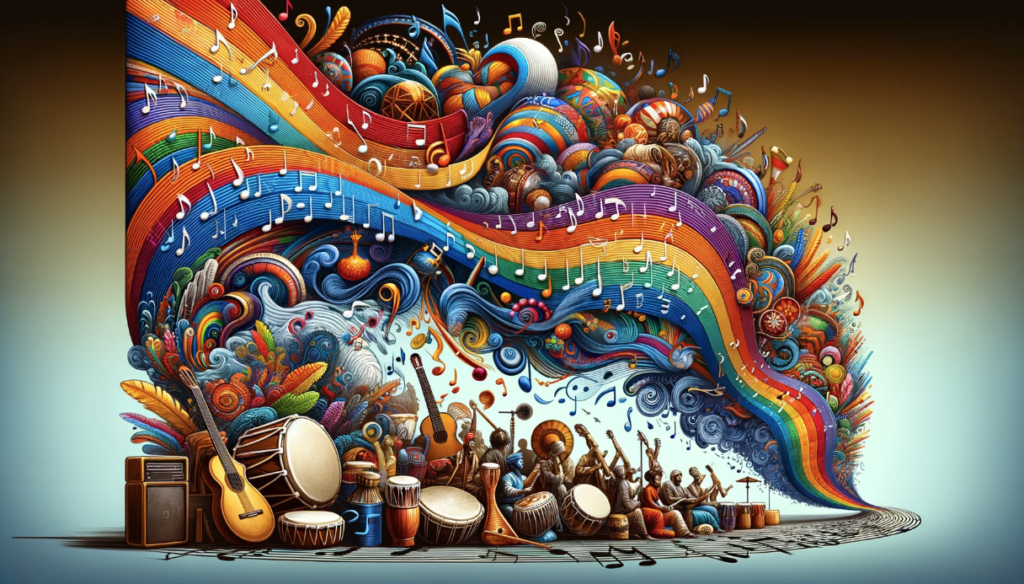Lesson 24.
The Influence of Music on Culture (音楽が文化に与える影響)

▮ Explanatory Text:
Music is a universal language that transcends boundaries and plays a pivotal role in cultural expression and identity. It reflects societal values, struggles, and aspirations, influencing and being influenced by the cultural, political, and social contexts in which it is created. Music can preserve historical narratives, foster community solidarity, and challenge or reinforce societal norms. From traditional folk songs that carry the legacy of communities to contemporary music that voices modern-day issues, the influence of music on culture is profound and multifaceted. This topic explores how music shapes cultural identities, impacts social change, and serves as a medium for cross-cultural exchange and understanding.
▮ Common Phrases:
1. Music serves as a reflection of…
2. Through music, communities can…
3. The cross-cultural exchange of music highlights…
4. Music has the power to…
5. The evolution of music genres reflects…
▮ Example Sentences:
1. Music serves as a reflection of societal values and historical events.
2. Through music, communities can preserve their heritage and strengthen bonds.
3. The cross-cultural exchange of music highlights the interconnectedness of global cultures.
4. Music has the power to inspire social change and challenge prevailing norms.
5. The evolution of music genres reflects changes in society’s tastes and technological advancements.
▮ Questions:
1. How does music reflect and influence the cultural identity of a community or nation?
This question encourages learners to explore the relationship between music and cultural identity, discussing specific examples where music plays a key role in defining a community’s character.
2. In what ways can music act as a tool for social change and political expression?
Participants examine the role of music as a medium for voicing dissent, advocating for change, and mobilizing social movements.
3. & 4. How does the global exchange of musical ideas and genres contribute to cross-cultural understanding and diversity?
This prompts a discussion on the impact of global musical exchanges in enriching cultures and promoting mutual appreciation among diverse communities.
Discuss the role of technology in shaping music production and consumption, and its implications for cultural expression.
Learners explore how technological advancements have transformed the way music is created, distributed, and experienced, and what this means for cultural practices.
5. Can you share an example of a musical genre or artist that has significantly impacted a culture or society? What was the nature of this impact?
This question invites learners to share specific examples of music’s influence on culture or society, analyzing the factors that contributed to its significant impact.
▮ Discussion Instructions:
Choose a musical tradition or genre that you find particularly influential or meaningful. Discuss its origins, characteristics, and the cultural or societal context in which it developed. Reflect on how this music has influenced or been influenced by cultural identities, social movements, or cross-cultural exchanges. Share your personal connection or experiences with this music and its cultural significance.







